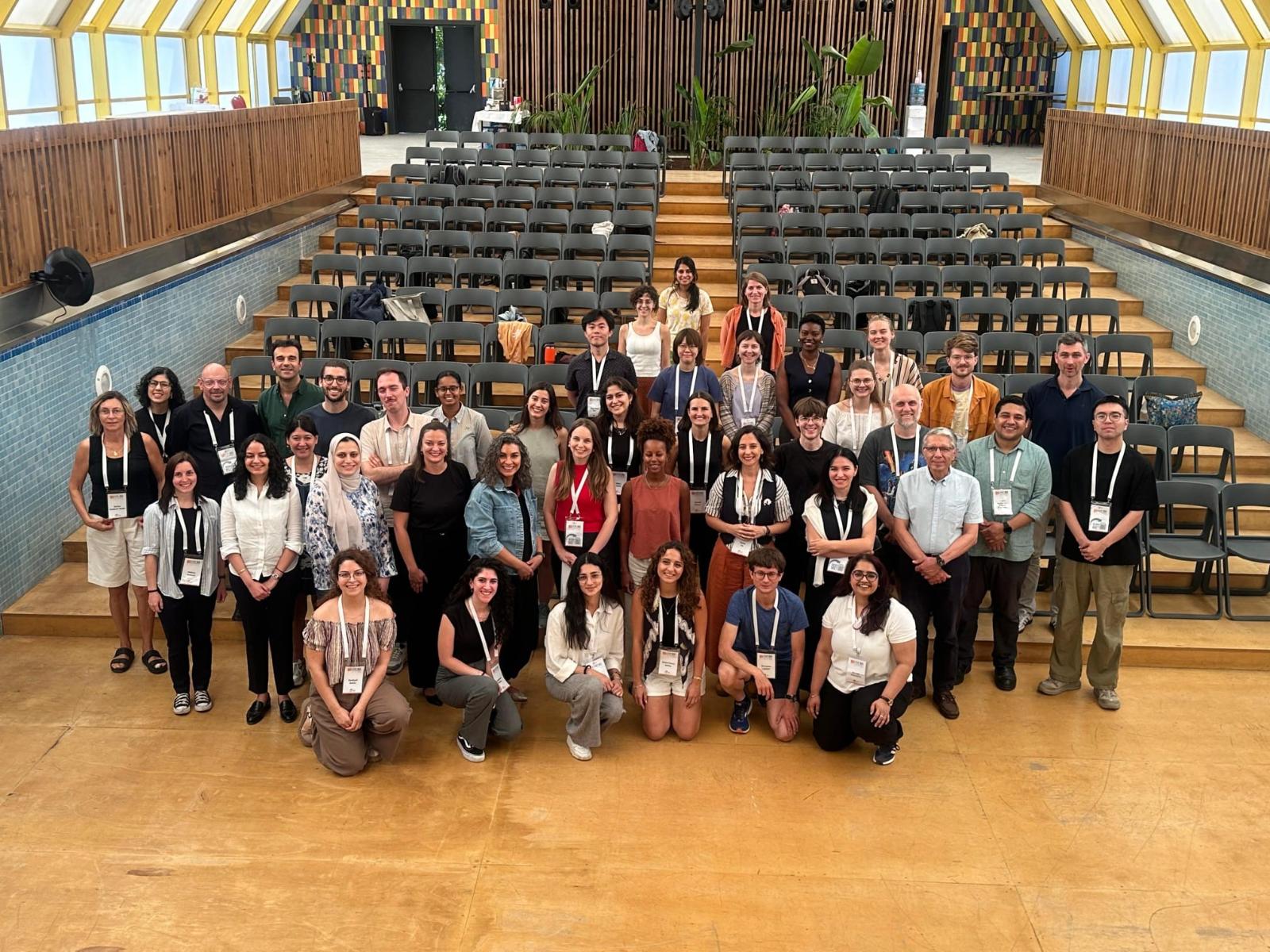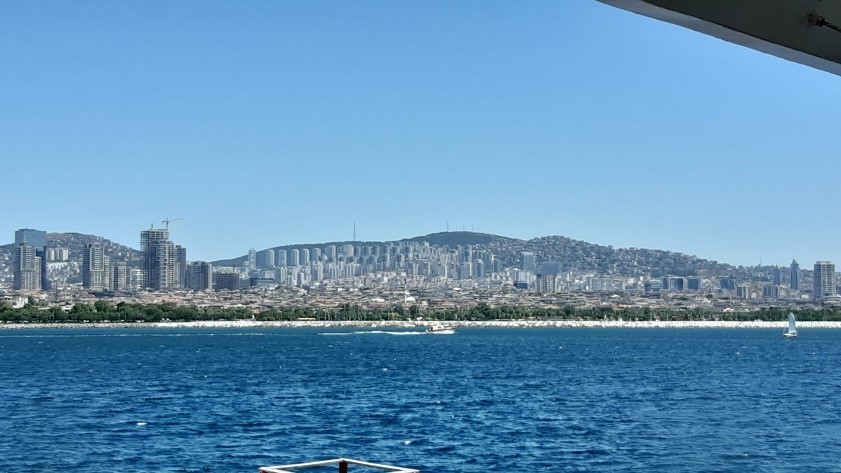Roos Timmers, an ENSGOV PhD student attended a PhD Workshop at the AESOP Annual Congress
This summer, Roos had the opportunity to attend the AESOP PhD Workshop in Istanbul, Turkey. The three-day workshop was themed “Planning for Equitable and Just Futures: Exploring Transformative Approaches”.

The workshop was hosted by Yildiz Technical University at the Istanbul Planning Agency Campus. It served as a valuable appetiser before the general AESOP Annual Congress, which brought together planning scholars from across Europe and beyond to discuss “Planning as Transformative Action in an Age of Planetary Crises.”
Not only did the workshop and Congress serve as inspiring settings, but above all, the vast and dynamic city of Istanbul is what makes a lasting impression on anyone interested in the urban environment. I had the pleasure to stay with a local family in a residential area on the European side, once a suburb, but now fully integrated into the urban fabric due to rapid growth. The neighbourhood is undergoing urban renewal, with older buildings being replaced to meet new earthquake standards. Locals estimate the population to be at least 20 million, highlighting the scale of urban challenges the city faces.
The workshop brought together 40 PhD students from around the world. We participated in a lecture series and intensive sessions led by renowned scholars, and attended keynote speeches by Ali Madanipour (Newcastle University) on urban connectedness, Roberto Rocco (TU Delft) on spatial justice, and Zorica Nedovic-Budic (University of Illinois) on research design. While the topics discussed in these plenary sessions were thought provoking, it was most inspiring to learn from the diversity of research being conducted by fellow students—from housing in Chinese urban villages to ethics in environmental governance. These were discussed during the mentored group discussions, central to the workshop, which allowed us to share experiences and reflect on the challenges of the PhD journey. As a first-year student, I found this exchange incredibly valuable for building confidence and gaining new perspectives.
The following week, the AESOP Congress began with a powerful keynote by Maria Kaika (University of Amsterdam), a leading scholar in Political Ecology. With over 1,000 speakers and a packed programme, navigating the sessions was a challenge, but I attended thought-provoking tracks on housing, post-growth planning, planning theory, and inclusive practices.
One key takeaway was the concept of transformative change in planning. Discussions emphasized the planner’s role as a strategic mediator and explored the limitations of planning within broader societal debates. One useful framework described three stages of transformation: prefigurative experimentation, collaboration with social movements, and institutionalisation. While grassroots initiatives can spark change, lasting impact requires embedding alternative practices into formal planning systems. It made me reflect on the many challenges faced in cities in particular, that helped me to shape ideas around my own research on the social acceptability of decarbonisation policies in urban neighbourhoods.
The different discussions in both the PhD workshop and Congress sessions helped in critically reflecting on current challenges within planning research, setting ecosystems and communities more central. While some discussants addressed the limitations of planning, addressing wider structural issues, planners can play a crucial role in mediating between disciplines, creating spaces for alternative practices and envisioning fairer futures.
This research is part of the C-NEWTRAL project. C-NEWTRAL has received funding from the European Union's Horizon Europe research and innovation programme under the Marie Skłodowska-Curie Actions Grant Agreement No 101119603

